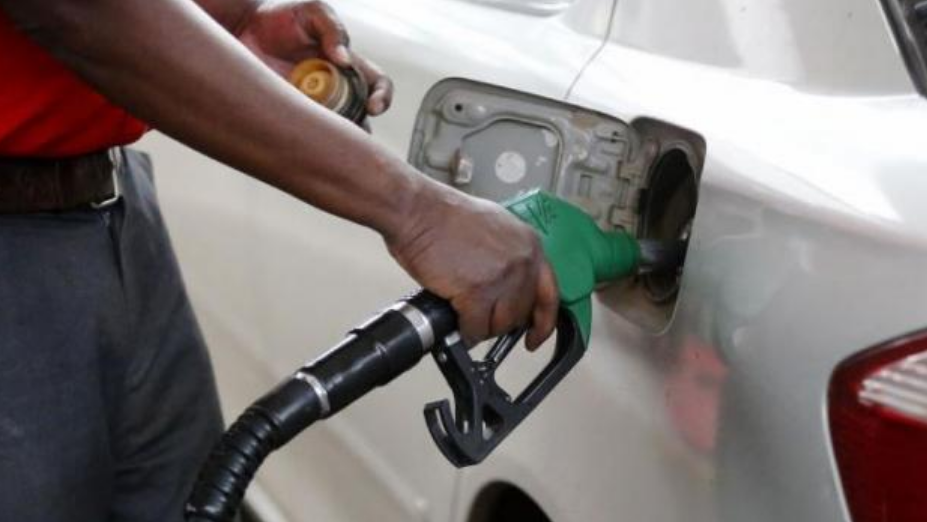 Pump attendant fuels a vehicle. /FILE
Pump attendant fuels a vehicle. /FILEThe Energy and Petroleum Regulatory Authority has announced that retail petroleum prices will remain unchanged for the November-December cycle.
It is the third consecutive monthly review in which the regulator left prices unchanged in the second half of the year.
In Nairobi, motorists will continue to pay Sh184.52 for Super Petrol, Sh171.47 for Diesel, and Sh154.78 for Kerosene.
The prices, effective from midnight, are inclusive of the 16 per cent Value Added Tax (VAT), in accordance with the Finance Act 2023, the Tax Laws (Amendment) Act 2024, and updated excise duty rates adjusted for inflation under Legal Notice No. 194 of 2020.
"Epra has calculated the maximum retail prices of petroleum products which will be in force for the next 30 days. During this period, the maximum allowed pump prices for Super Petrol, Diesel and Kerosene remain unchanged,” Epra Director General Daniel Kiptoo said
Kenya imports all its petroluem products in refined form and the products are traded in international markets based on a pricing framework that's partly determined by the prevailing exchange rate of the local currency to the UD dollar.
Kiptoo attributed the steadying of the prices to unchanged average landed costs of imported fuel.
“The average landed cost of imported Super Petrol decreased slightly by 0.18 peer cent, from US$620.24 per cubic metre in September to US$619.14 per cubic metre in October.
"Diesel increased by 1.81 per cent from US$623.75 to US$635.05 per cubic metre, while Kerosene rose by 0.71 per cent from US$627.72 to US$632.16 per cubic metre over the same period.”
He added that the calculations ensure transparency and fairness in fuel pricing, providing stability for both consumers and transport operators.
The purpose of the Petroleum Pricing Regulations is to cap the retail prices of petroleum products which are already in the country so that importation and other prudently incurred costs are recovered while ensuring reasonable prices to consumers.
"Epra wishes to assure the public of its continued commitment to the observance of fair competition and protection of the interests of both consumers and investors in the energy and petroleum sectors," Kiptoo said.
The consecutive months of unchanged fuel prices provide temporary relief to consumers by stabilising transport and energy costs.
For households, this means no immediate increase in commuting or cooking expenses, while businesses reliant on fuel—such as transport, logistics and manufacturing—can plan operating costs more predictably.
Economically, stable fuel prices can help contain inflationary pressures, as fuel is a key input affecting the prices of goods and services across the economy.
However, the benefit is limited to short-term price stability and does not address longer-term volatility in global energy markets.














